MRSA Prevention
What is MRSA and why should I worry about it?
Methicillin-resistant Staphylococcus aureus (MRSA) is a bacterium which causes infections in different parts of the body. Treatment can be more difficult than most strains of staphylococcus aureus (staph) because it is resistant to some commonly used antibiotics. As a result, MRSA is often referred to as a "super bug". MRSA is spread via contact whether skin-to-skin or by touching objects which have the bacteria on them. This poses an significant problem for contact sports athletes for obvious reasons not limited to contact with training partners, facilities and equipment.
What to look for:
- Look for signs of skin infection such as redness, an area that is warm to the touch, swelling, pus, and pain at sites where your skin has sores, abrasions, or cuts. In some cases these infections can be confused with insect bites similar to spider bites.
- Look for the infection in places covered by body hair or where uniforms or equipment cause skin irritation or increased rubbing.
What not to do:
- Do not try to self treat the infection. Medical professionals are trained in the treatment of MRSA.
- Do not itch, open, pick at or pop the sore. This can cause the infection to spread.
- Do not share ointments that are applied by placing your hands into an open container.
- Do not share personal items such as towels, razors, shower shoes, bar soap, washcloths, protective equipment or clothing including uniforms that contact your bare skin.
Ways you can be proactive in preventing MRSA:
- Establish and maintain good hygiene.
- Keep your hands clean by washing often, including before and after training, with a quality soap and warm water. Alcohol-based hand sanitizer is acceptable as a temporary solution until soap and water is available.
- Shower immediately after exercise.
- Wear protective clothing or gear designed to prevent skin abrasions or cuts.
- Cover skin cuts, abrasions and wounds with clean, dry bandages or other dressings recommended by your healthcare provider until healed.
- Follow your healthcare provider’s instructions for when and how often to change your bandages and dressings.
- Wash used sheets, towels, and clothes after every use following the label's instructions. If instructions are unavailable wash in hot water with laundry detergent and a laundry sanitizing agent. Make sure to dry the affected items thoroughly in a dryer.
- Wash your hands after using the toilet, changing bandages, contact with the wound or after touching anything that may have contacted the infected area.
Treatment:
If you think you may have an infection, seek treatment from qualified medical personnel as soon as you identify an area of concern. If you are unable or not old enough to get medical treatment on your own notify a parent, coach, athletic trainer, school nurse, team doctor or a health care provider. The sooner a MRSA infection is identified and treatment begins the better. The last thing you want to have happen is a prolonged inability to participate in your sport or even worse developing a severe infection. MRSA can become serious very quickly and ignoring the infection can have many consequences.
Discuss treatment options with your health care provider. Once MRSA is believed to be the cause of the infection, your health care provider may prescribe strong antibiotics such as Clindamycin or Levofloxacin. An additional prescription treatment available for nasal passages is Mupirocin (Bactroban) 2% ointment. This ointment is applied via a cotton-tipped swab inside each nostril twice daily for seven days. Ask your health care provider if using chlorhexidine (Hibiclens) or hexachlorophene (Phisohex) antiseptic soap is advisable.
Additional Posts


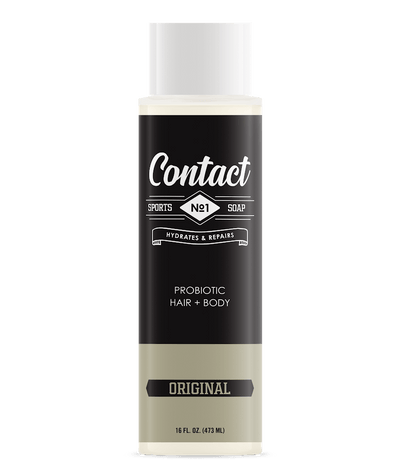

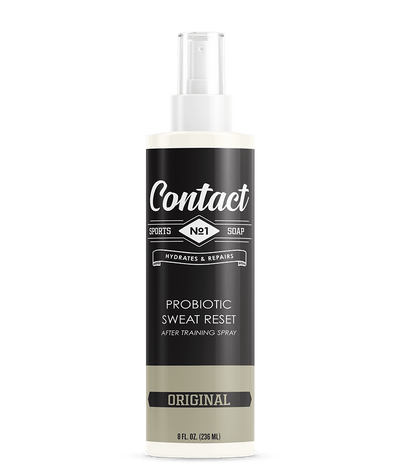
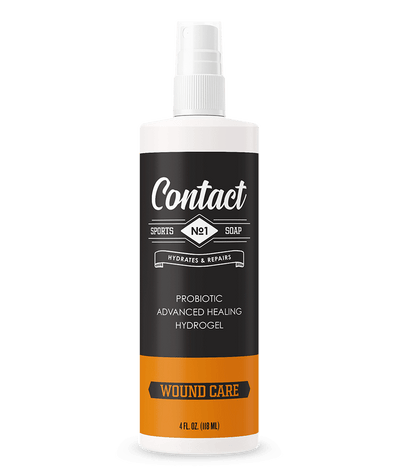
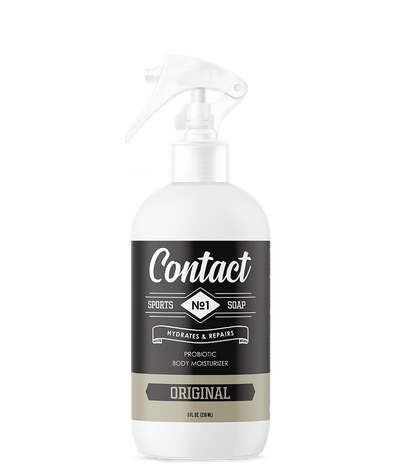
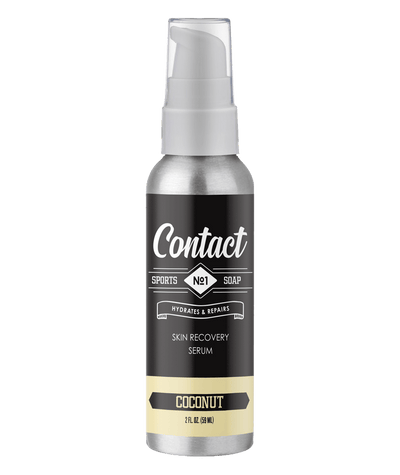
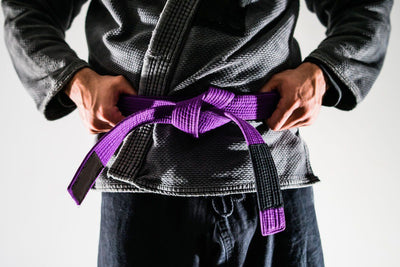
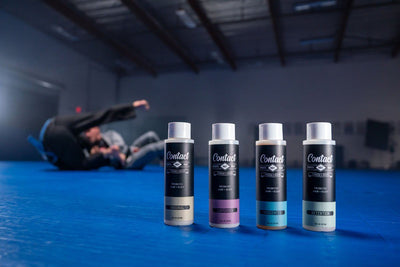
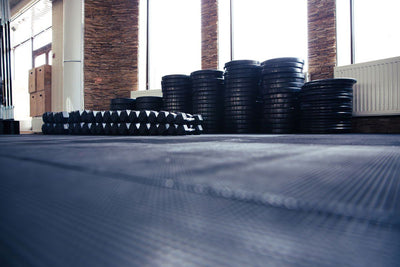
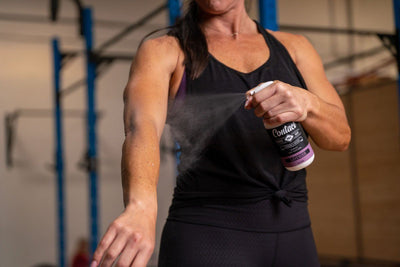
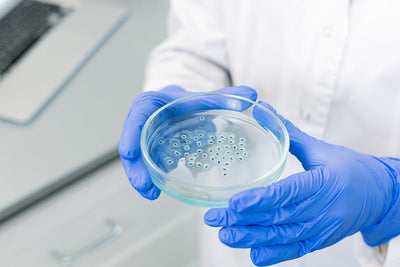
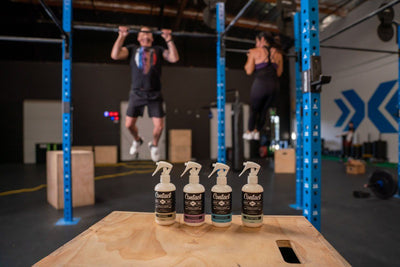
Leave a comment